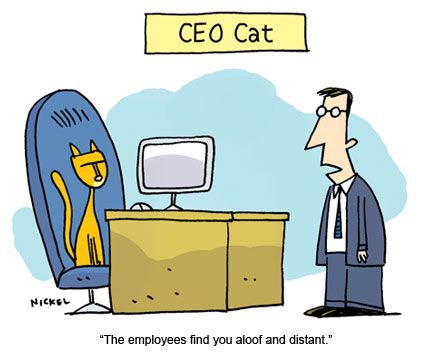I found this article resonated with me a lot. A keeper.
23 minutes
Bearing full responsibility for a company’s success or failure, but being unable to control most of what will determine it. Having more authority than anyone else in the organization, but being unable to wield it without unhappy consequences. Sound like a tough job? It is—ask a CEO. Surprised by the description? So are CEOs who are new to the role. Just when an executive feels he has reached the pinnacle of his career, capturing the coveted goal for which he has so long been striving, he begins to realize that the CEO’s job is different and more complicated than he imagined.
Some of the surprises for new CEOs arise from time and knowledge limitations—there is so much to do in complex new areas, with imperfect information and never enough time. Others stem from unexpected and unfamiliar new roles and altered professional relationships. Still others crop up because of the paradox that the more power you have, the harder it is to use. While several of the challenges may appear familiar, we have discovered that nothing in a leader’s background, even running a large business within his company, fully prepares him to be CEO.
Through our work with new chief executives of major companies, we have found seven surprises to be the most common. (See the sidebar “Learning the Ropes.”) How well and how quickly new CEOs understand, accept, and confront them will have a lot to do with the executives’ eventual success or failure. The seven surprises highlight realities about the nature of leadership that are important not just for CEOs but for executives at any level and in any size organization.



